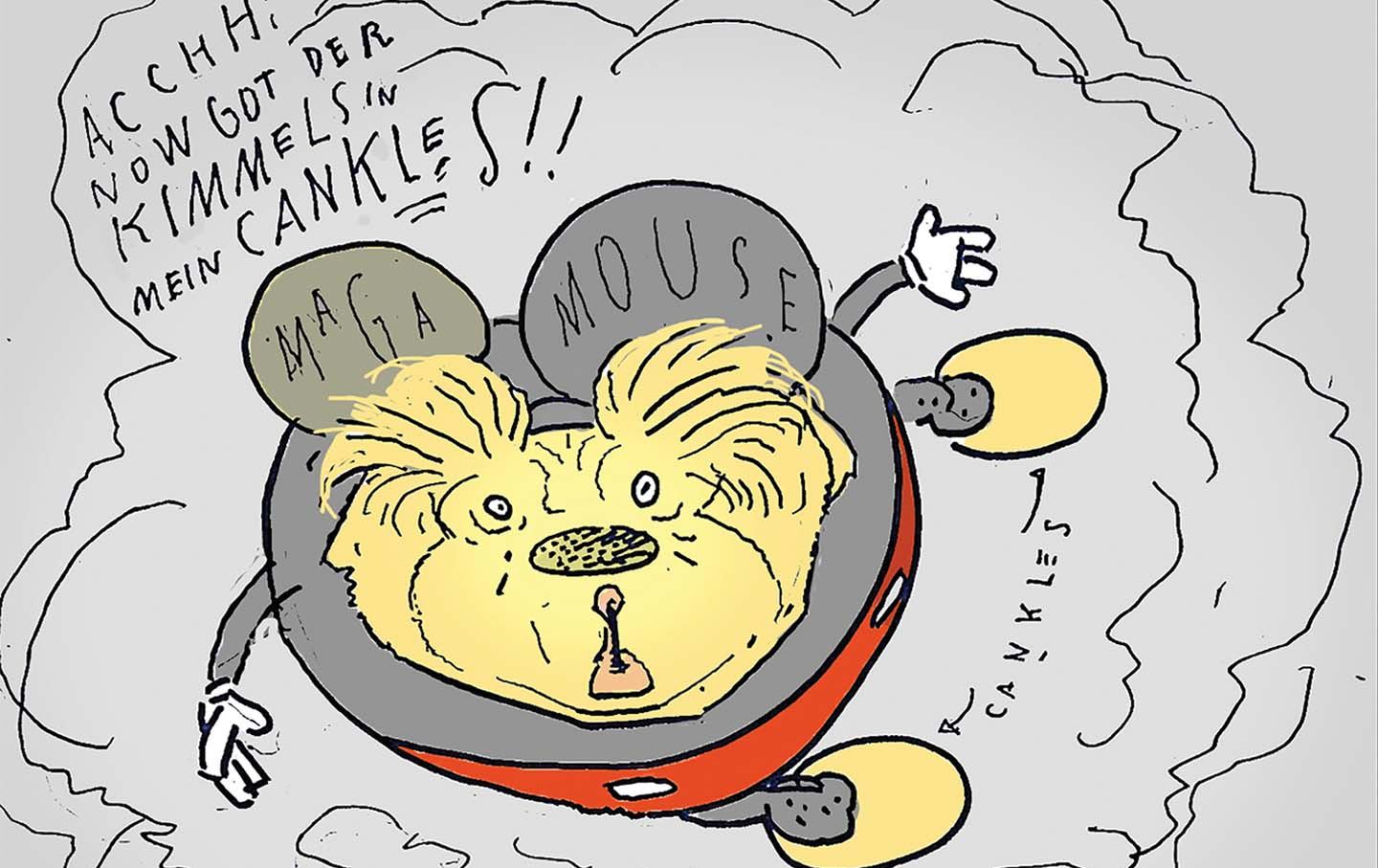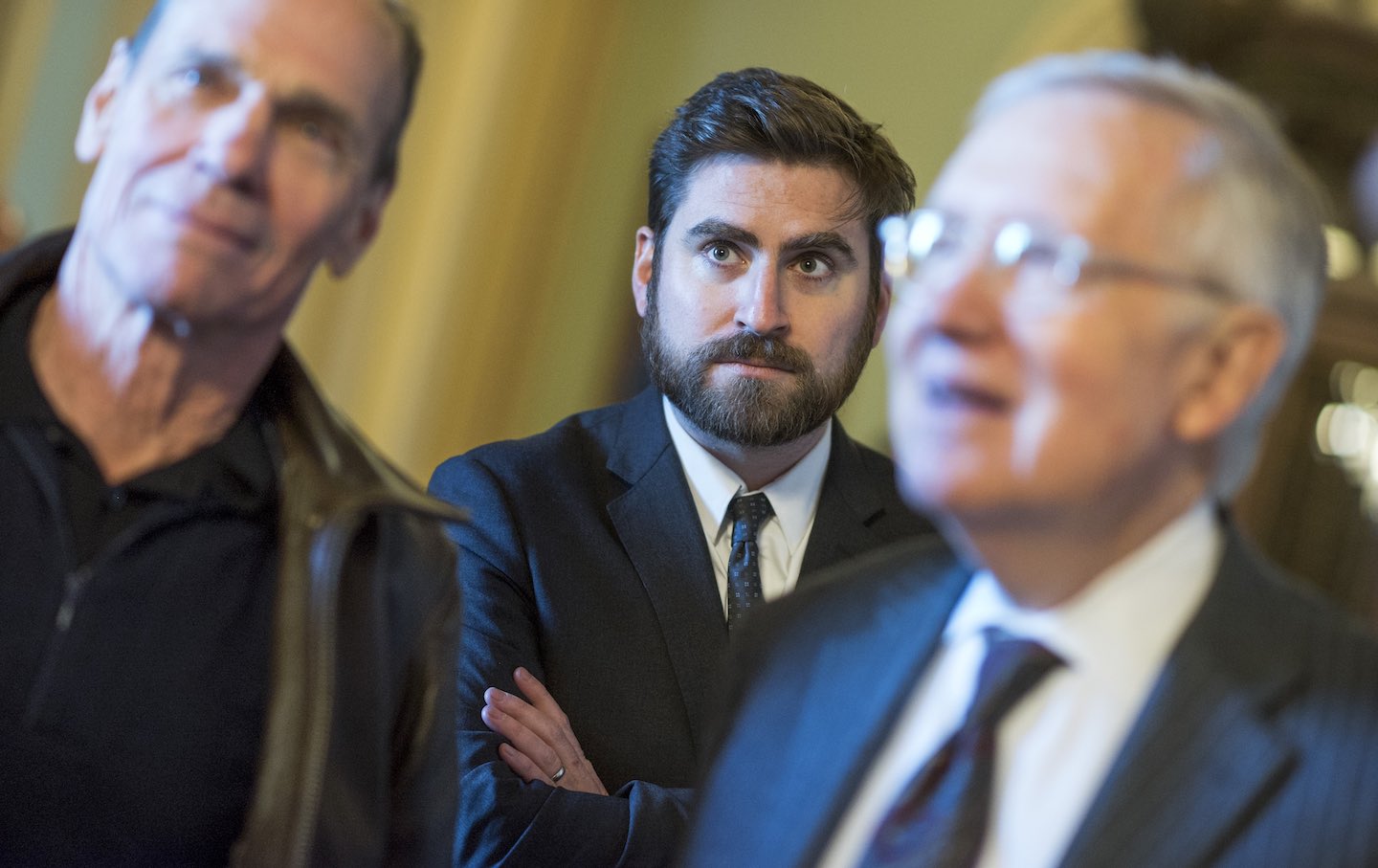
In a surprising move, three Senate Democrats chose to diverge from their party’s stance and voted alongside Republicans to fund the government, averting a shutdown that began at midnight. Among them is Nevada Senator Catherine Cortez Masto, who articulated her rationale for this decision in a recent interview.
As the federal government entered its first day of shutdown, the Senate Democrats’ decision to block a funding bill aimed at extending crucial health care subsidies and other essential funding raised eyebrows. This strategy was adopted to compel Republicans to negotiate on health care-related issues, but it has not come without political risk. Senator Cortez Masto, however, stood apart from her colleagues, opting instead to support the funding bill.
In an interview with Scott Detrow on NPR’s “All Things Considered,” Cortez Masto expressed her concerns about the implications of a government shutdown for her constituents in Nevada. “Coming from Nevada, I know it was important to avoid a costly shutdown that would harm Nevadans,” she stated. “I honestly didn’t think it would be appropriate to hand more power to this reckless administration.”
The senator emphasized the need for bipartisan cooperation to tackle pressing issues, particularly the looming health care crisis affecting many Americans. “I see it in Nevada when I’m home, and we should be working together to solve those problems. We don’t need to shut down the government to do that,” she asserted.
During the tense Senate discussions surrounding the vote, Cortez Masto engaged in animated conversations with her colleagues, reflecting the urgency of the situation. When asked whether other Democrats shared her concerns, she affirmed that many were aware of the detrimental effects of the current administration’s policies. “We’re seeing it in our own home states,” she said. “In Nevada, high costs, an economy in slowdown, and this looming health care crisis are all too real.”
Cortez Masto pointed out the consequences of Republican legislation that stripped Medicaid from millions and threatened the Affordable Care Act (ACA). “Many people in my state are harmed by this,” she noted, stressing the necessity for Congress to focus on passing appropriations bills and addressing the health care crisis.
Detrow raised a pivotal question regarding the strategic value of the shutdown for Democrats in the minority party. Given the Trump administration’s reluctance to negotiate on critical issues, some argue that leveraging a shutdown could compel the majority party to act. Cortez Masto countered this perspective, citing her recent conversations with constituents about the rising costs of living. “The challenge we have right now is high costs. I see it in Nevada, grocery costs, clothing, energy costs,” she explained.
She further emphasized the negative impact of a government shutdown on Nevada’s tourism economy, which is heavily reliant on a stable federal environment. “Las Vegas is the gold standard for tourism and travel around the world, and we are seeing an impact to our tourism and travel industry as well,” she said, highlighting the potential job losses that would occur if the government remained closed.
Cortez Masto expressed her belief that causing harm to some Americans to address the problems faced by others is not a viable solution. “I don’t believe in this idea that we have to harm some Americans to solve problems for others,” she said. “The goal here is for all of us to work together to help everyone and solve Americans’ problems, and that includes around this health care crisis.”
As the government shutdown unfolded, the blame game began, with both sides accusing each other of inaction. Cortez Masto took issue with comments made by Vice President JD Vance, who claimed Democrats were unwilling to collaborate. “That’s a lie,” she asserted. “There are mischaracterizations coming from the vice president, and instead of bringing the sides together, they are throwing mischaracterizations out there.”
The senator underscored the critical role of Congress in maintaining government operations, vowing to continue reaching across the aisle to find solutions. “This is the role of Congress, to appropriate and to keep this government open,” she stated. “I will continue to reach across the aisle to my colleagues, figure out where we can come together to open up this government and solve the problems around the health care crisis.”
With the potential fallout from the shutdown looming, Cortez Masto remained focused on the urgent need to protect working families and their access to vital health care services. “The looming one is this cliff for the Affordable Care Act. That is going to impact people in my state, working families in my state and their children who rely on the Affordable Care Act,” she concluded.
As the situation develops, Cortez Masto’s willingness to break from her party may reflect a broader call for collaboration and compromise in a time of political division, emphasizing the need for lawmakers to prioritize the well-being of their constituents over party lines.


